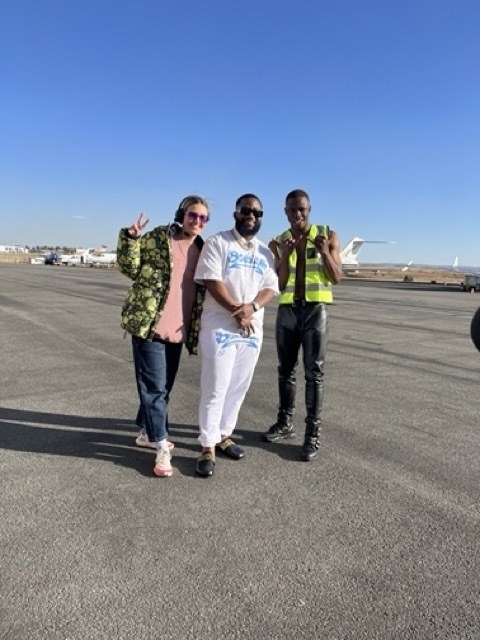
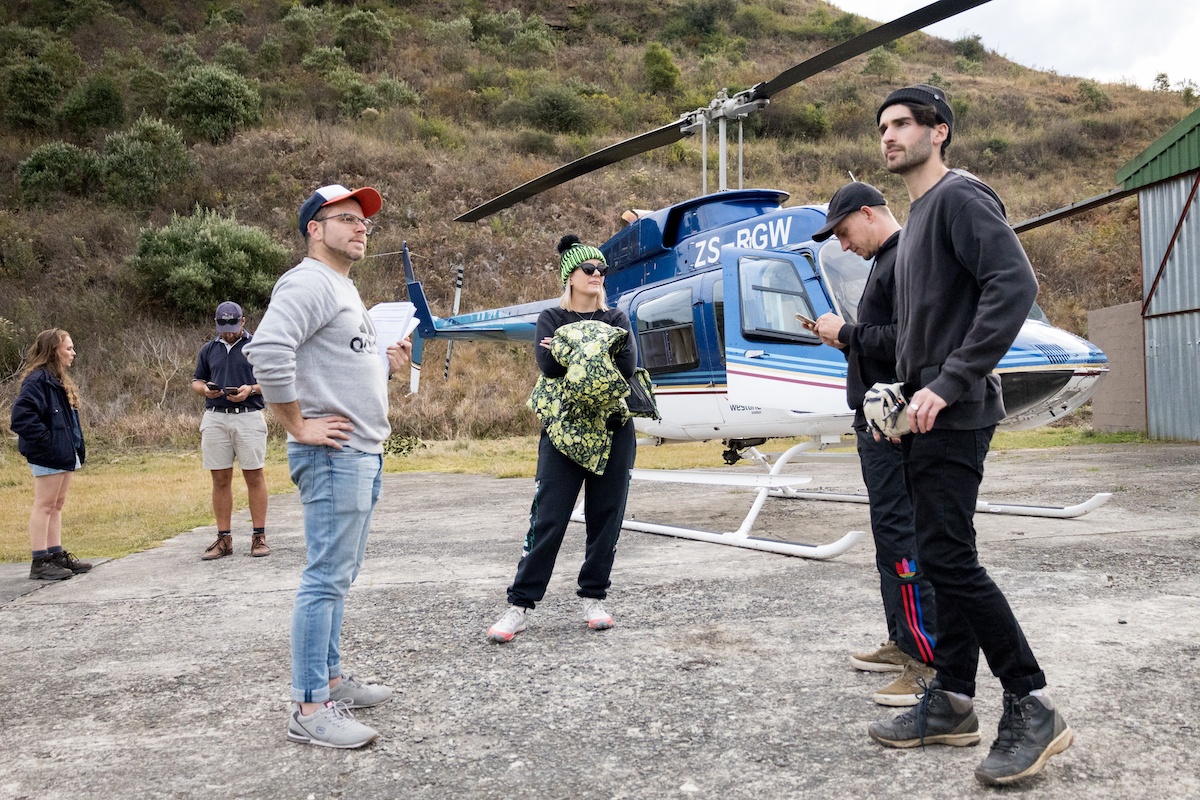
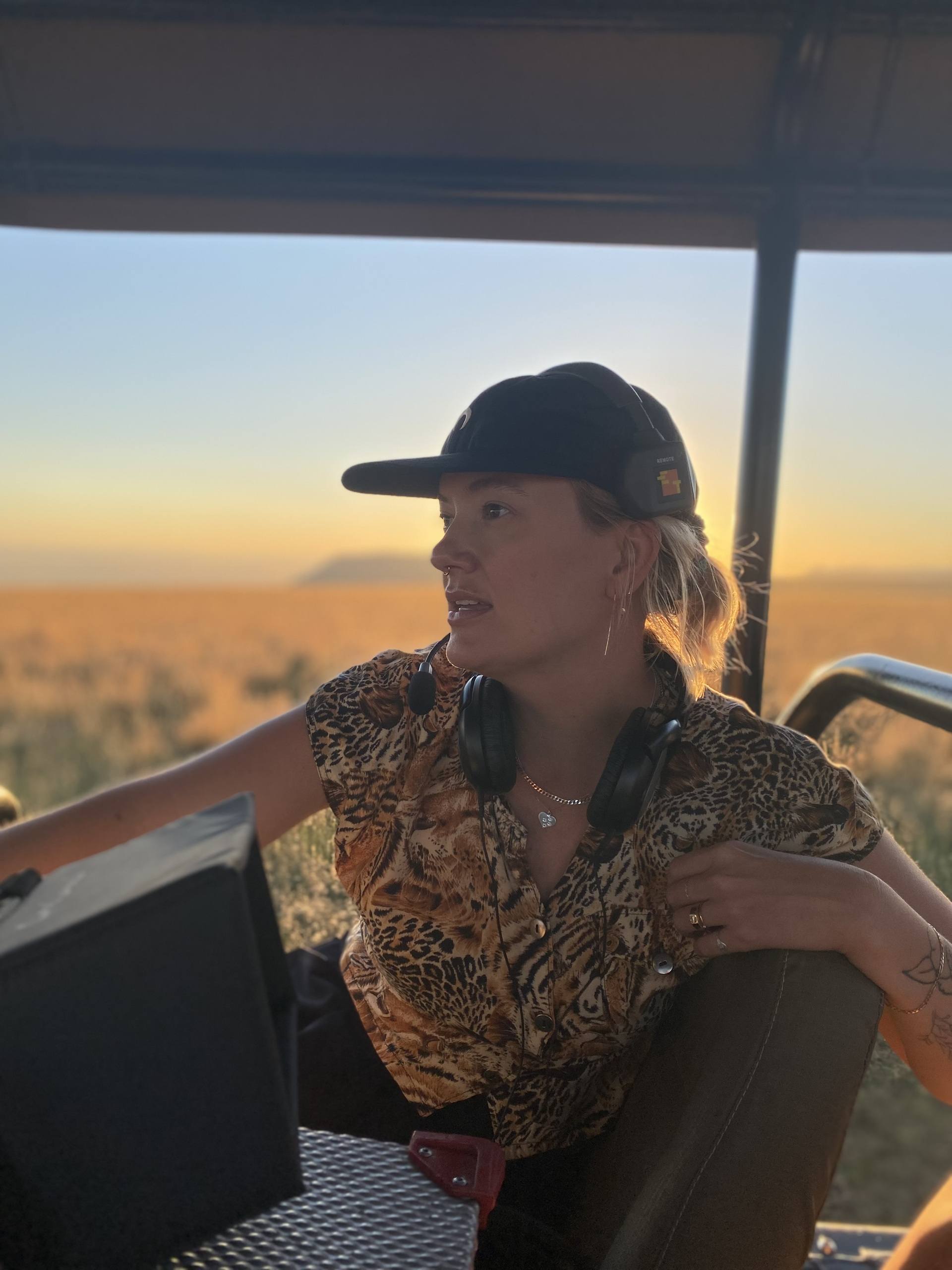
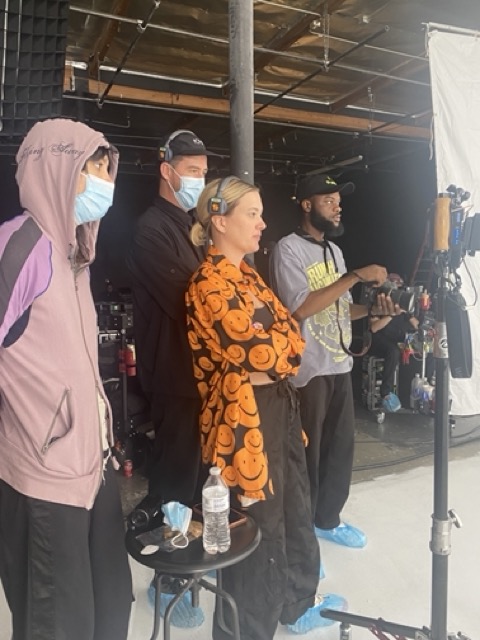




You May Also Like
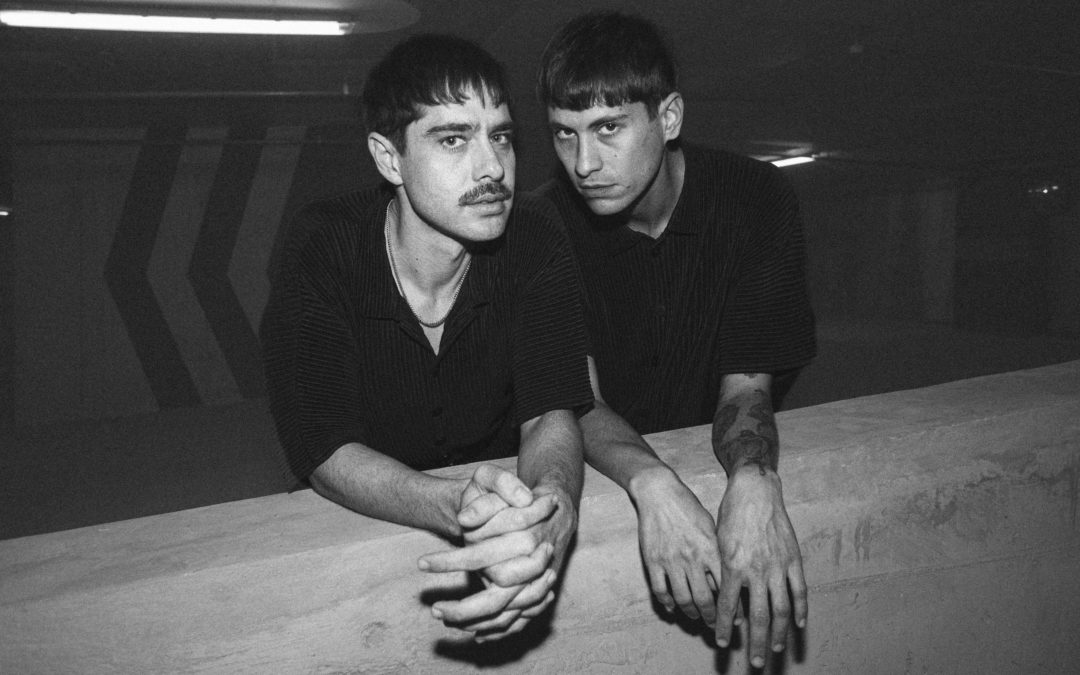
The single force underpinning our capacity for creativity is human connection. On the altar of artistic expression,...
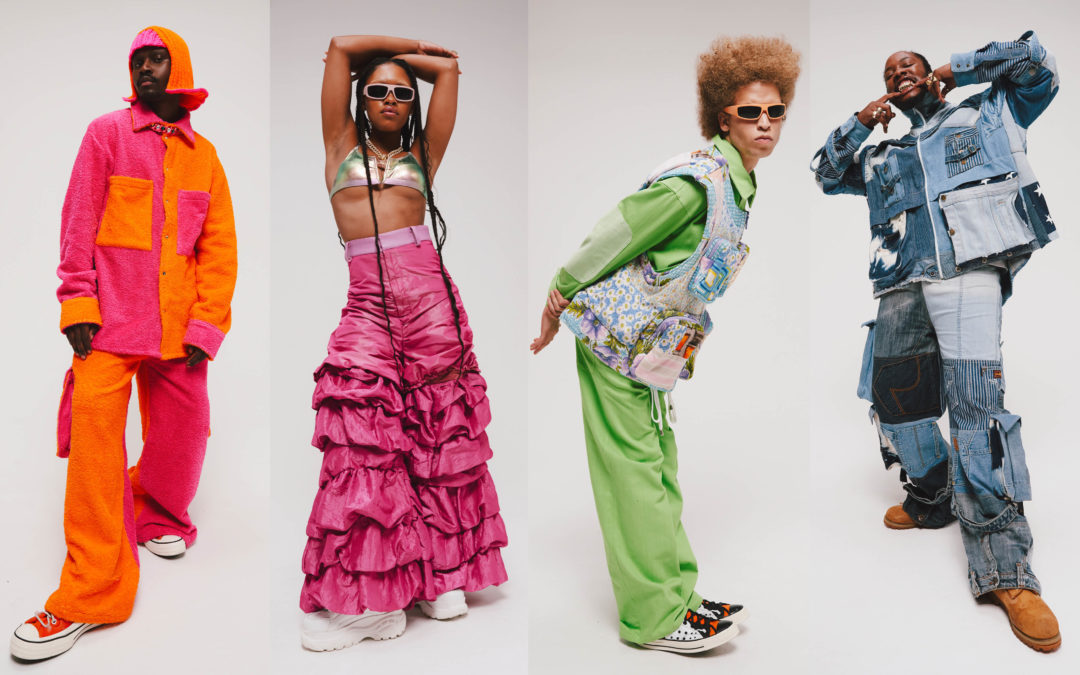
A little earlier in the year, a mysterious campaign cropped up on my feed. A brand simply titled ‘KADE’, the campaign...
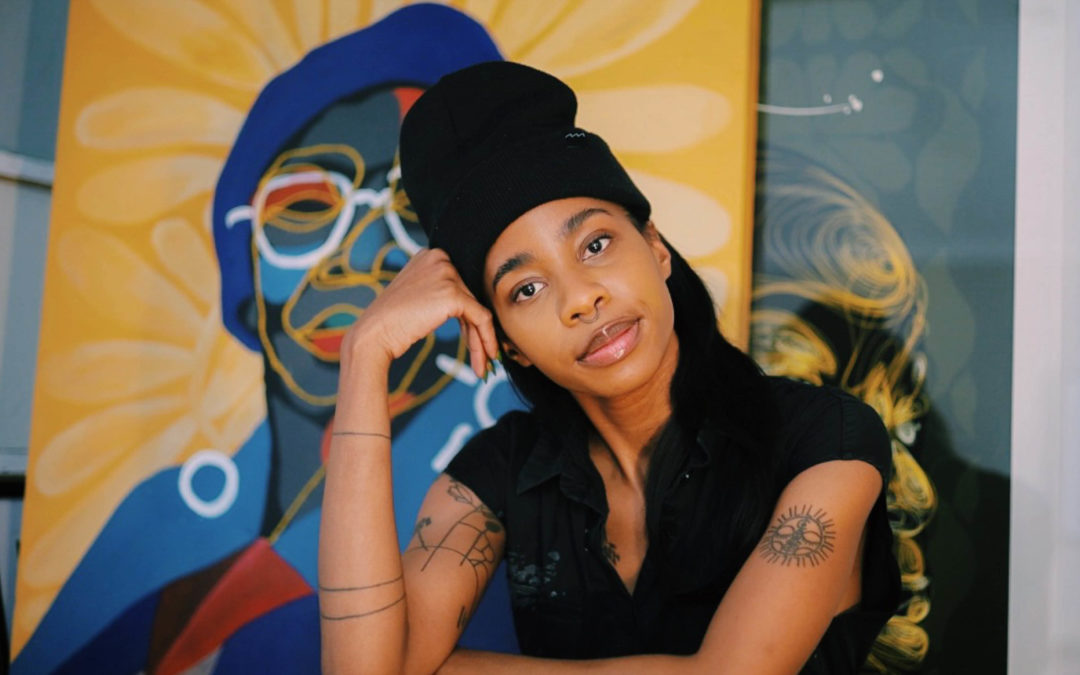
Illustrators are the visual conjurers of emotions - bringing forth the tapestry of stories that bind together the...

On May 2, 2023, the Writers Guild of America (WGA), representing 11,500 screenwriters, initiated a strike due to an...

There is this notion in art, fashion and design that all originality is prefaced by one’s ‘point of view’. Namely, it...
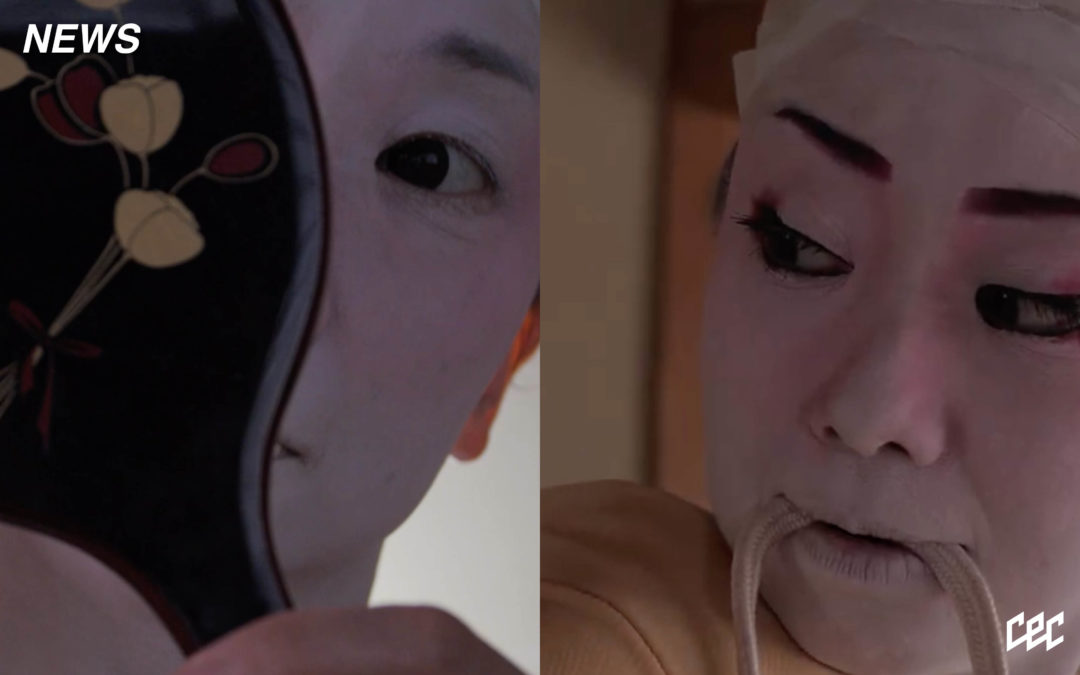
By definition femininity (also called womanliness) is a set of attributes, behaviours, and roles generally associated...
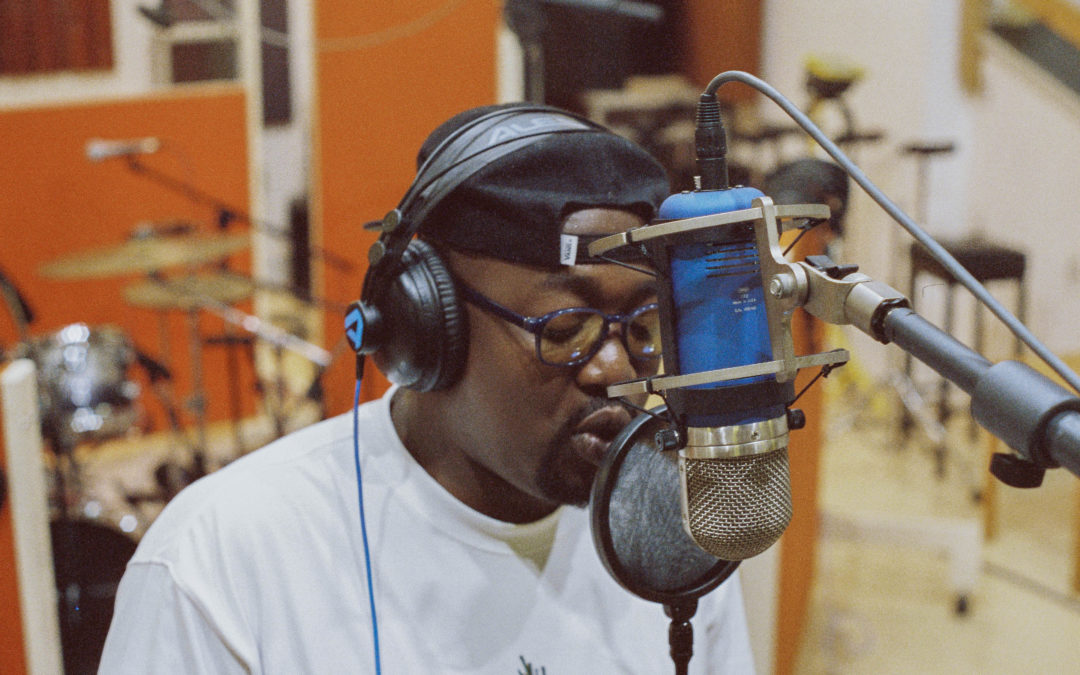
In a world where groove culture has evolved and dance environments have shifted, Lazarusman stands as a beacon of...
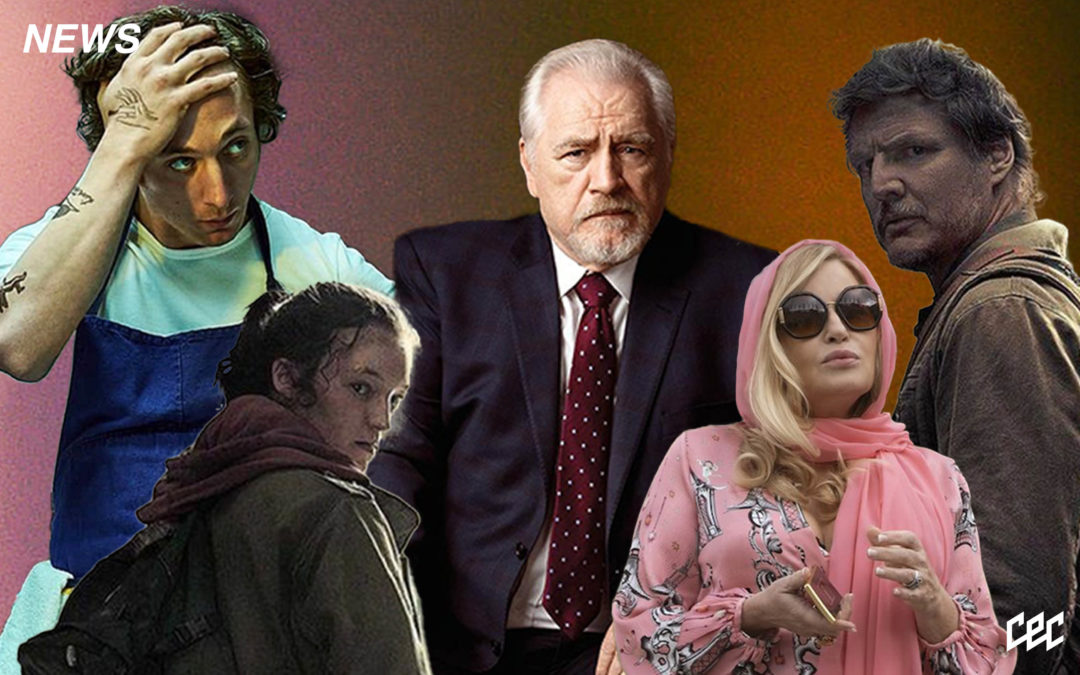
Television is an ever-expanding medium particularly with the expansion of streaming services. As we become integrated...
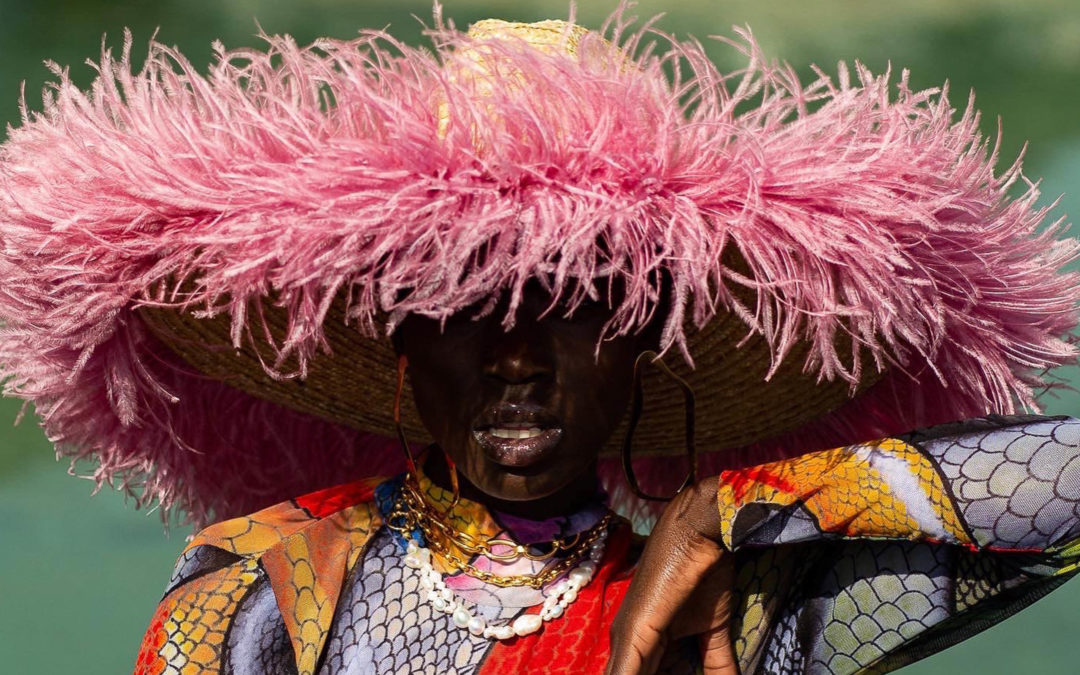
Photography is an immortalising artistic technique. It suggests the utmost curiosity in the world around us and for...
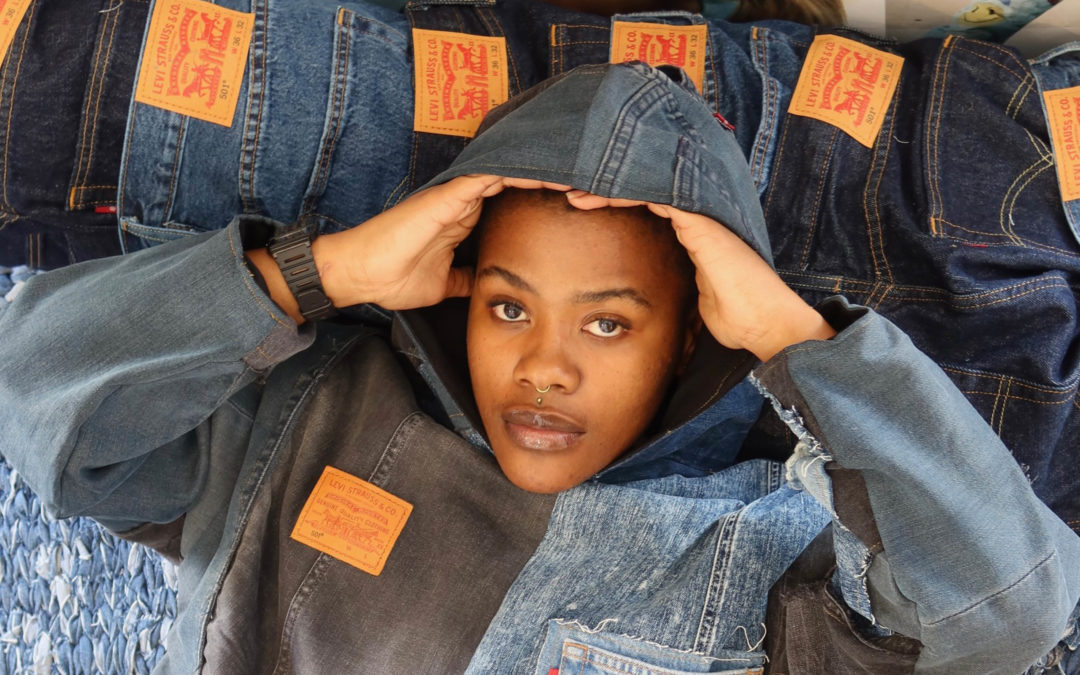
We have never lived under more commercialised conditions. Contrasted against the pursuit by so many to forge creative...
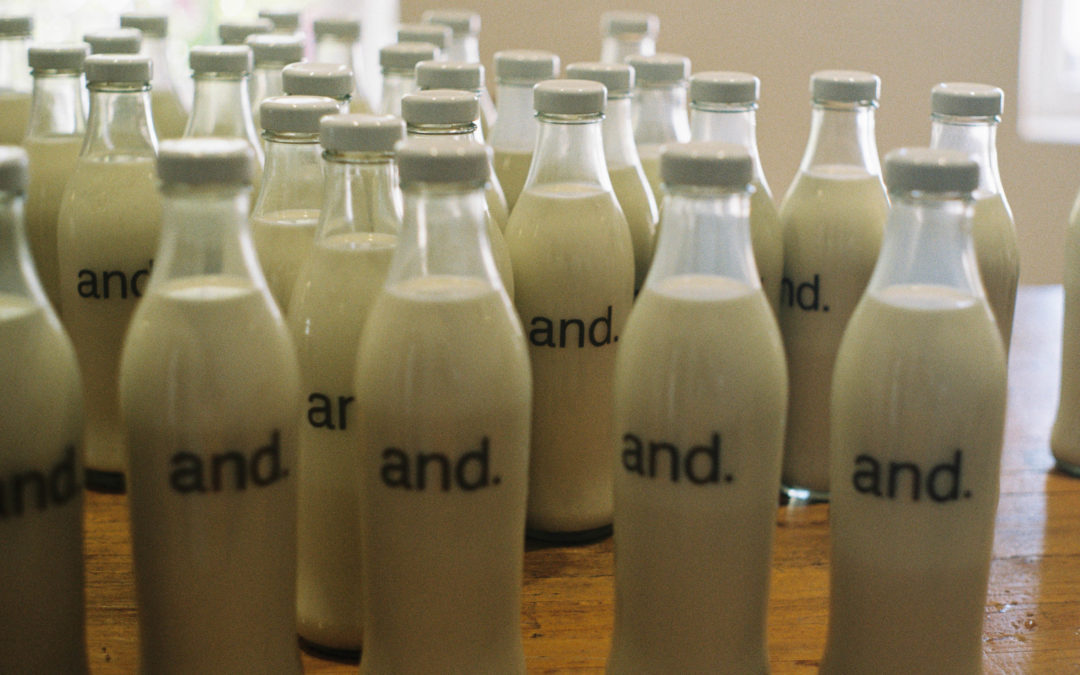
And’ is the third most commonly used word in the English language. For founder Rob dos Santos, the startling...

I have the immense privilege of conversing with many of South Africa’s most creative beings. The honour of this is not...